Despite their sleek designs and eco-friendly promises, electric vehicles (EVs) continue to face resistance from die-hard enthusiasts of traditional gas-guzzlers. Delve into the gritty details as we unveil 20 unapologetic reasons why EVs are struggling to win over the hearts of old-school car aficionados.
#1. Range Anxiety

Concerns about running out of battery power before reaching a charging station contribute to apprehension about EVs.
#2. Charging Infrastructure Concerns
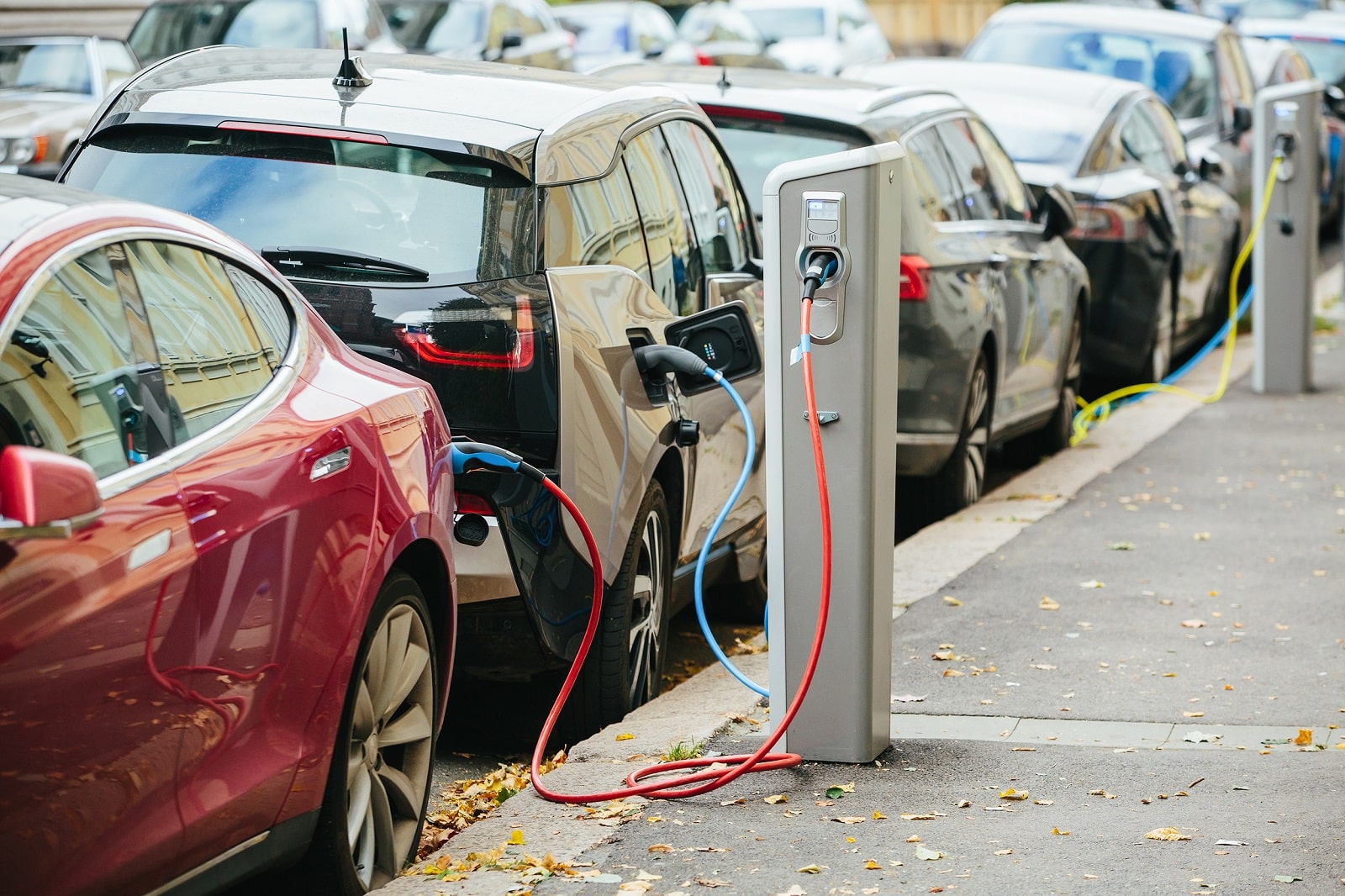
Limited availability of charging stations, especially in rural areas, makes it inconvenient for some to transition to EVs.
#3. Lengthy Charging Time
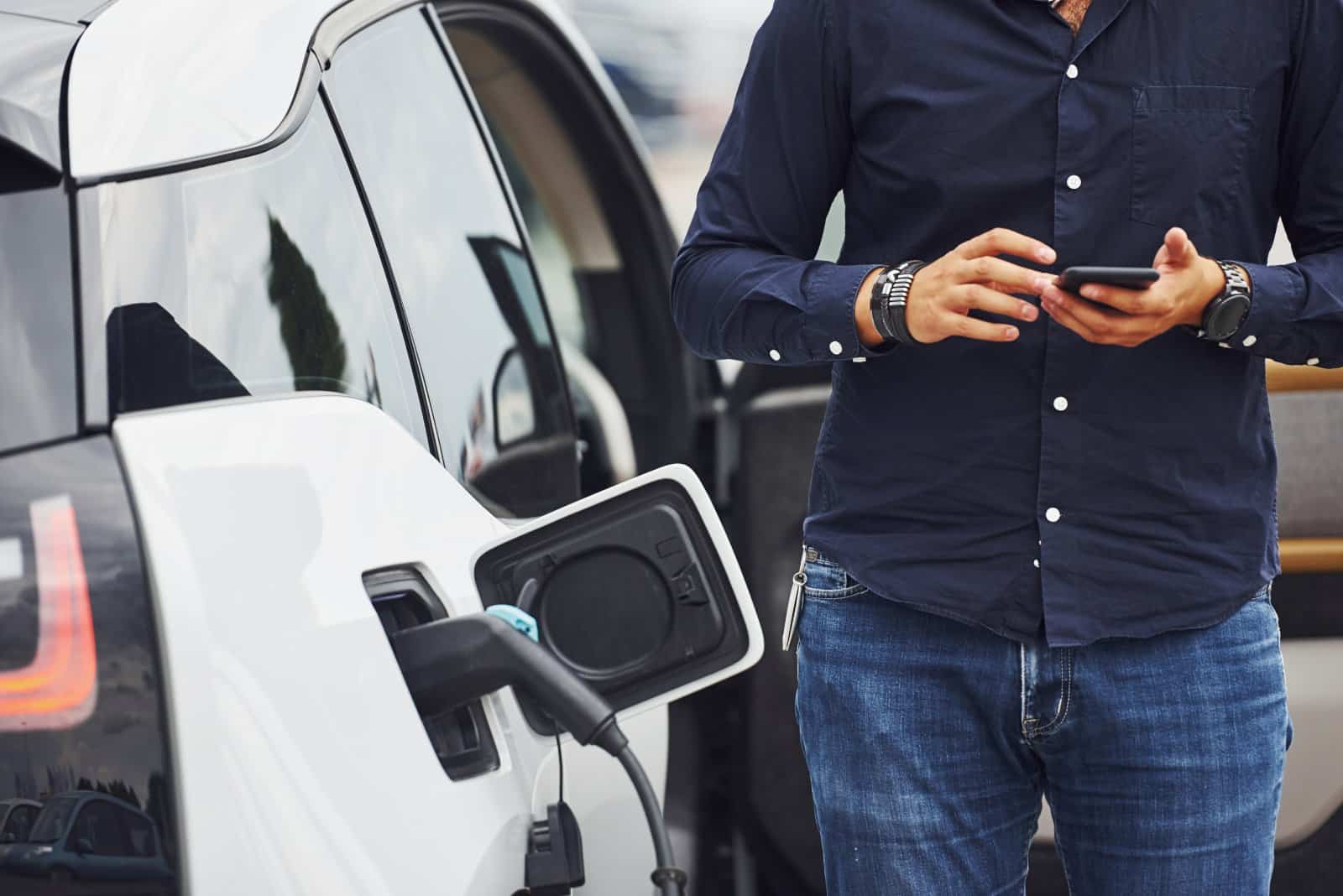
The significant wait time for EVs to charge compared to refueling traditional cars adds to the inconvenience factor.
#4. Higher Upfront Cost

The initial purchase price of electric vehicles is often higher than that of conventional cars, deterring potential buyers.
#5. Battery Replacement Expenses

Worries about the high cost of replacing EV batteries after several years of use contribute to skepticism.
#6. Uncertain Resale Value
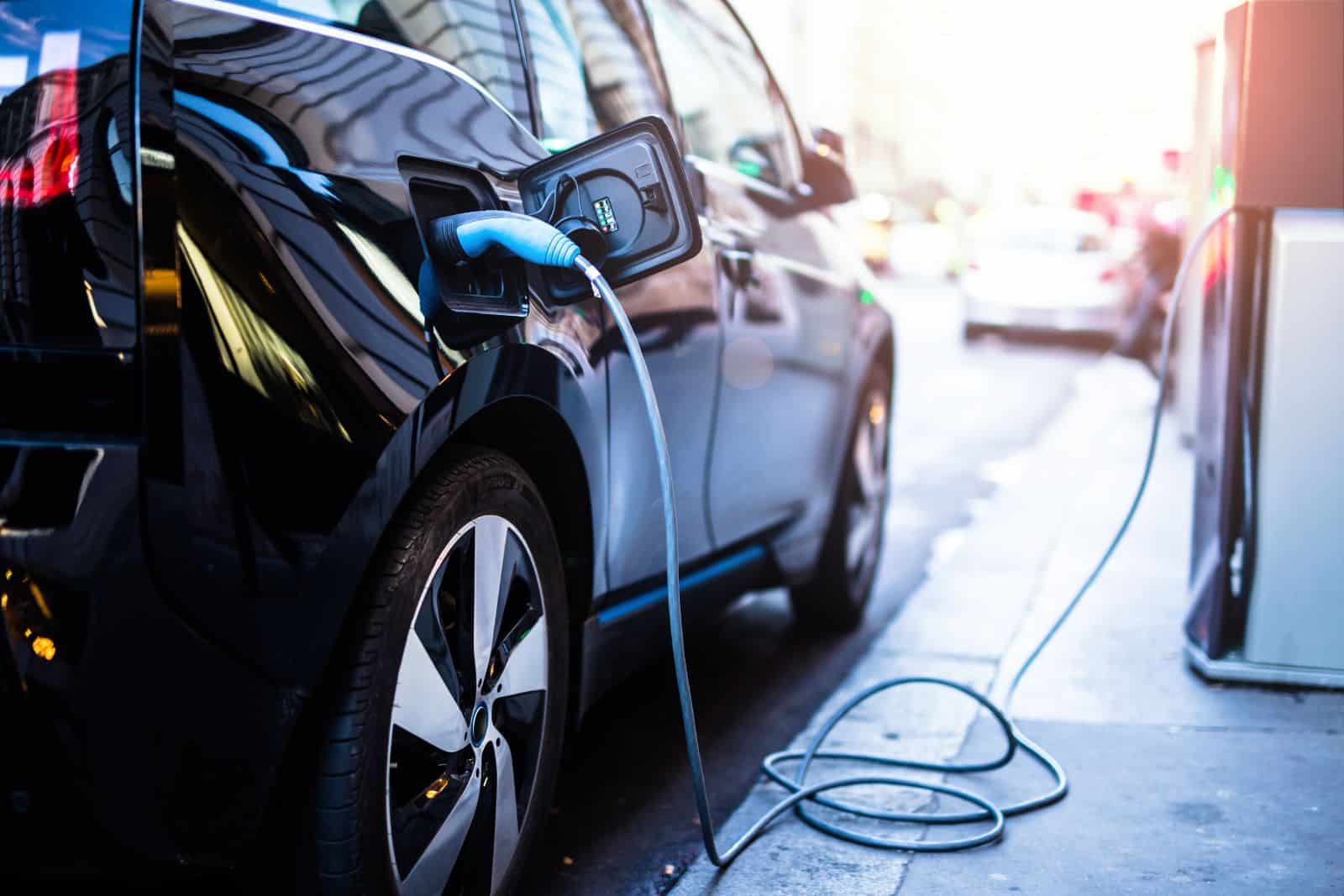
Some individuals are concerned about the long-term resale value of electric vehicles compared to traditional cars.
#7. Performance Doubts
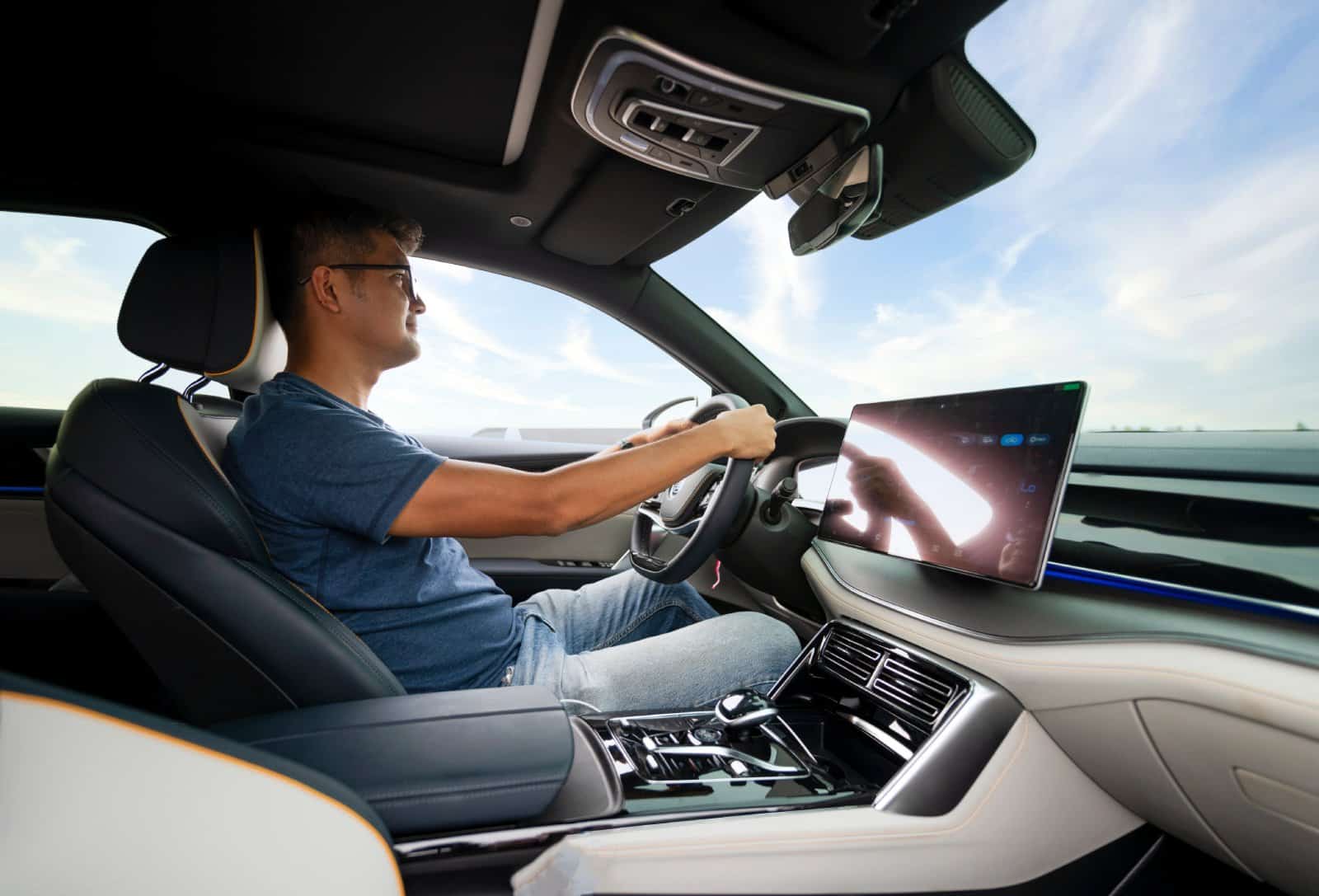
Despite advancements, some still perceive electric vehicles as inferior in terms of acceleration and overall driving experience.
#8. Weight and Size Considerations
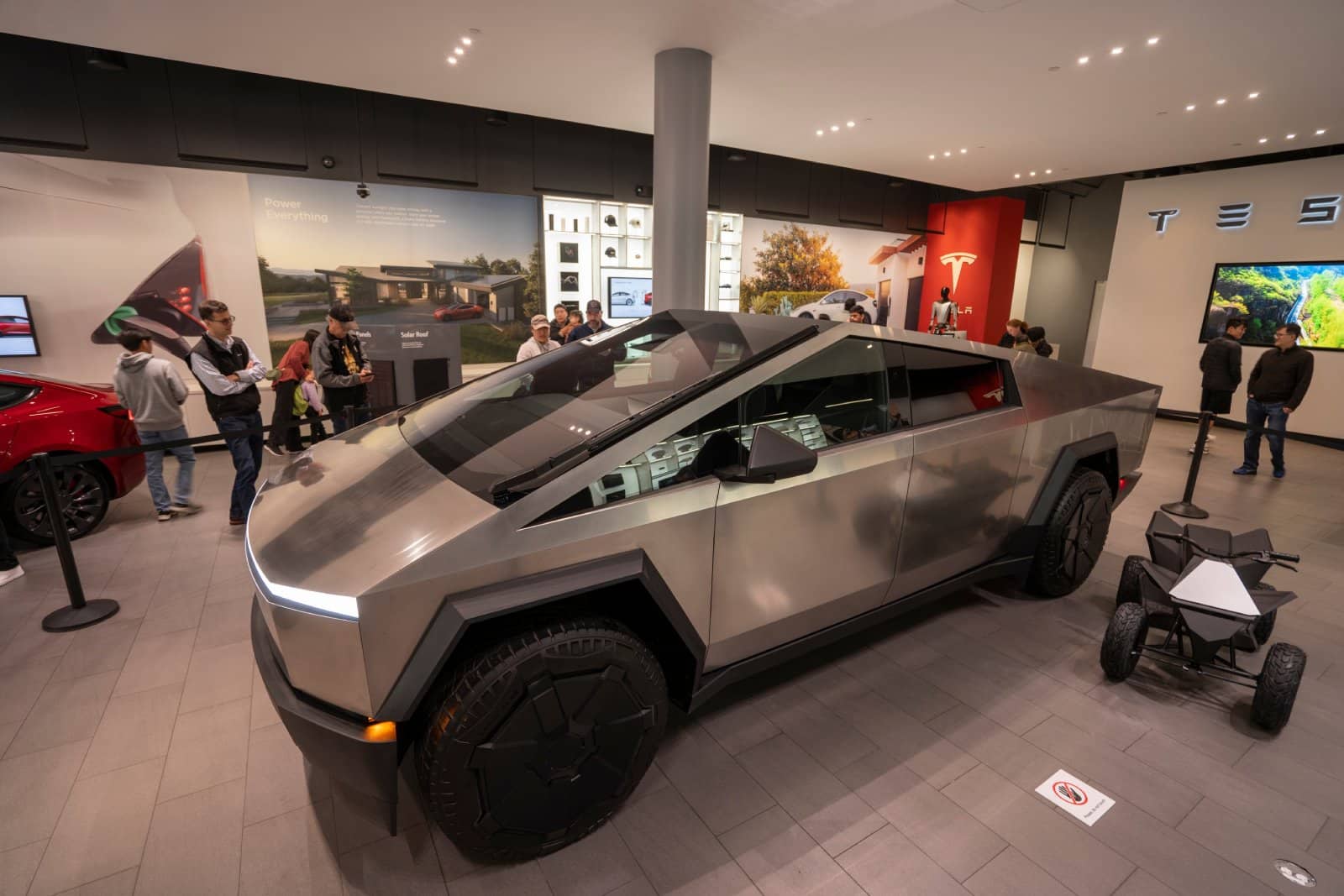
The heavier and bulkier nature of electric vehicles compared to gasoline cars may not appeal to all consumers.
#9. Environmental Impact Questions
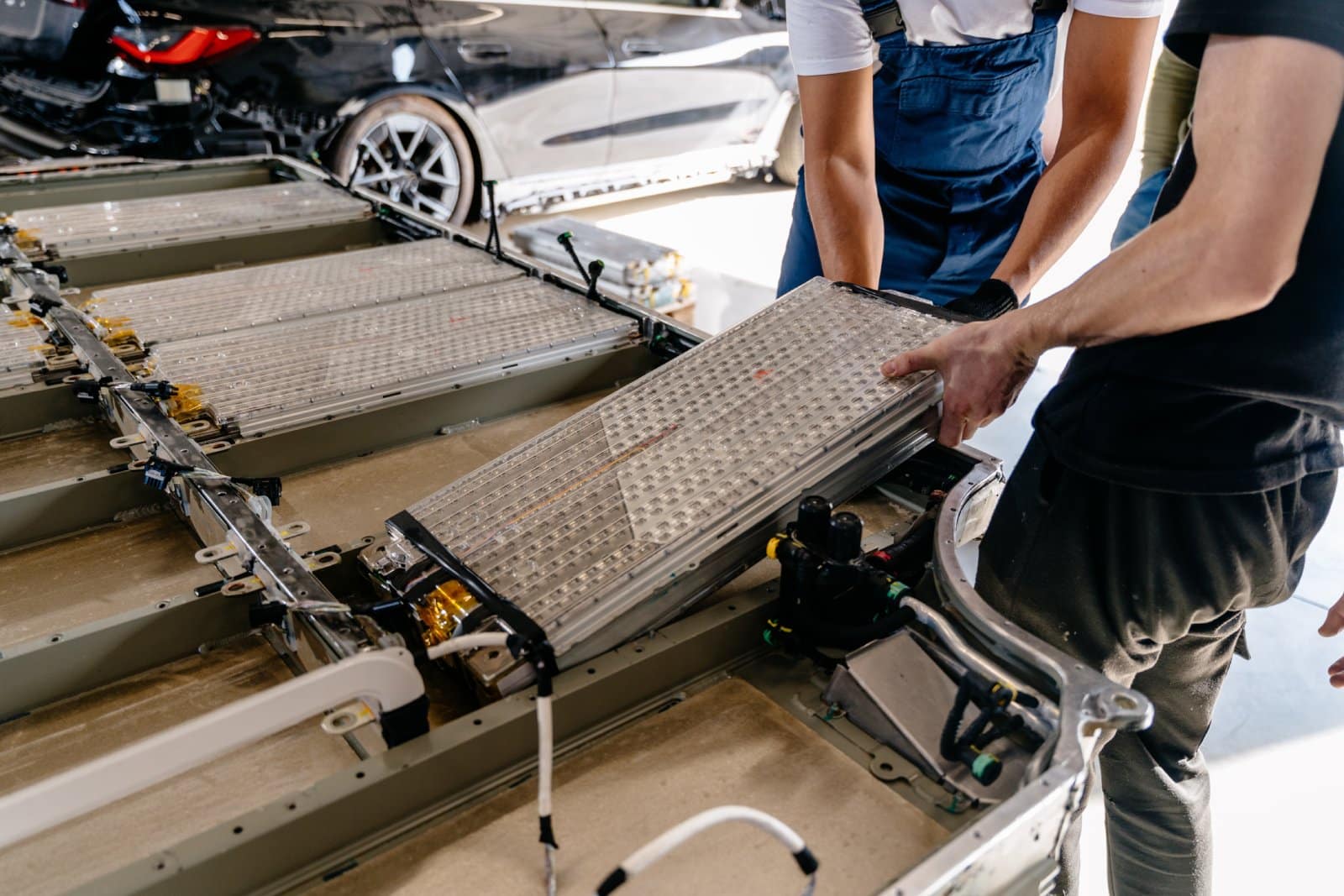
Doubts persist about the environmental impact of battery production, recycling, and disposal associated with EVs.
#10. Electricity Source Skepticism

If electricity comes from non-renewable sources, the environmental benefits of electric vehicles may be questioned.
#11. Aesthetic Preferences

Personal tastes vary, and some consumers prefer the appearance and design of traditional cars over electric models.
#12. Sound and Vibration Nostalgia

Enthusiasts may miss the distinctive engine sound and mechanical vibrations of internal combustion engines.
#13. DIY Maintenance Concerns
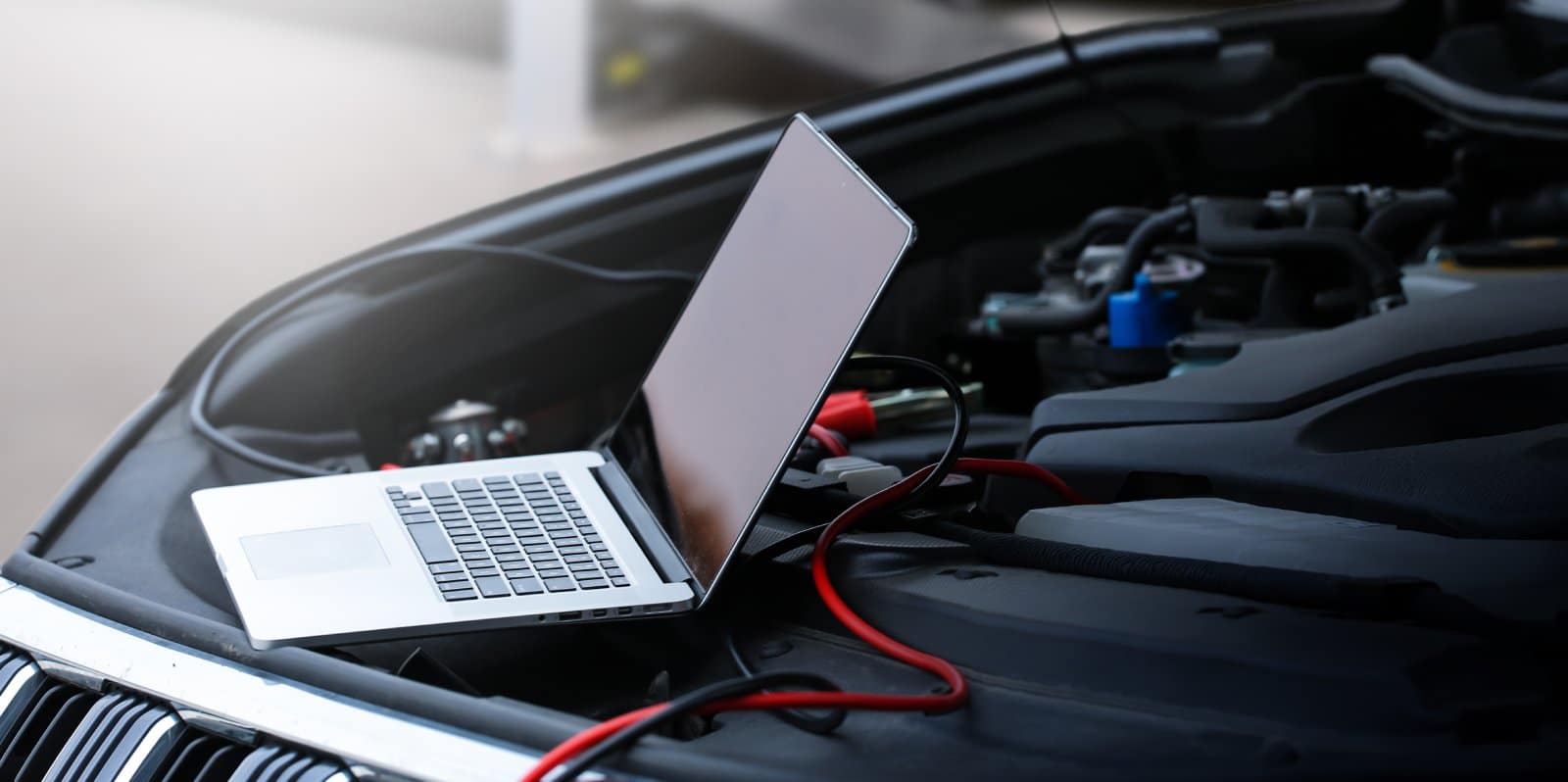
Electric vehicles have fewer user-serviceable components compared to traditional cars, which may deter DIY enthusiasts.
#14. Limited Model Options.

The electric vehicle market offers fewer choices compared to the wide variety of traditional car models available.
#15. Brand Loyalty

Many consumers are loyal to traditional automotive brands and may be hesitant to switch to newer electric brands.
#16. Uncertain Future Viability

Despite growing popularity, some remain skeptical about the long-term viability and reliability of electric vehicles.
#17. Infrastructure Transition Worries
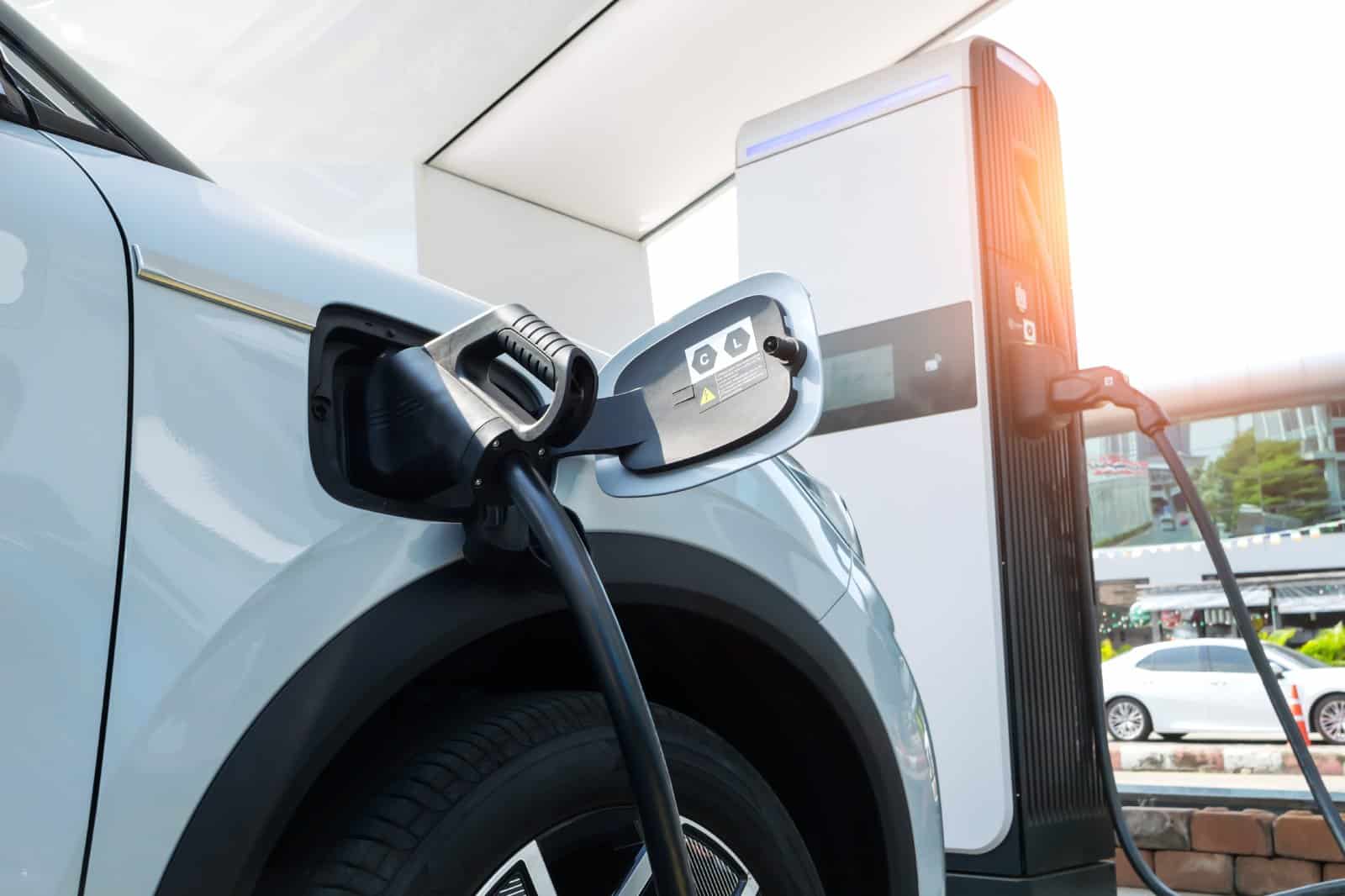
Concerns about the readiness of infrastructure for widespread EV adoption, including charging stations and maintenance facilities, may deter adoption.
#18. Social Perception Stigma

Social stigma or stereotypes associated with electric vehicle ownership may influence consumer decisions.
#19. Lack of Education

Misinformation or lack of awareness about the benefits and capabilities of electric vehicles can contribute to skepticism.
#20. Security and Trust Issues
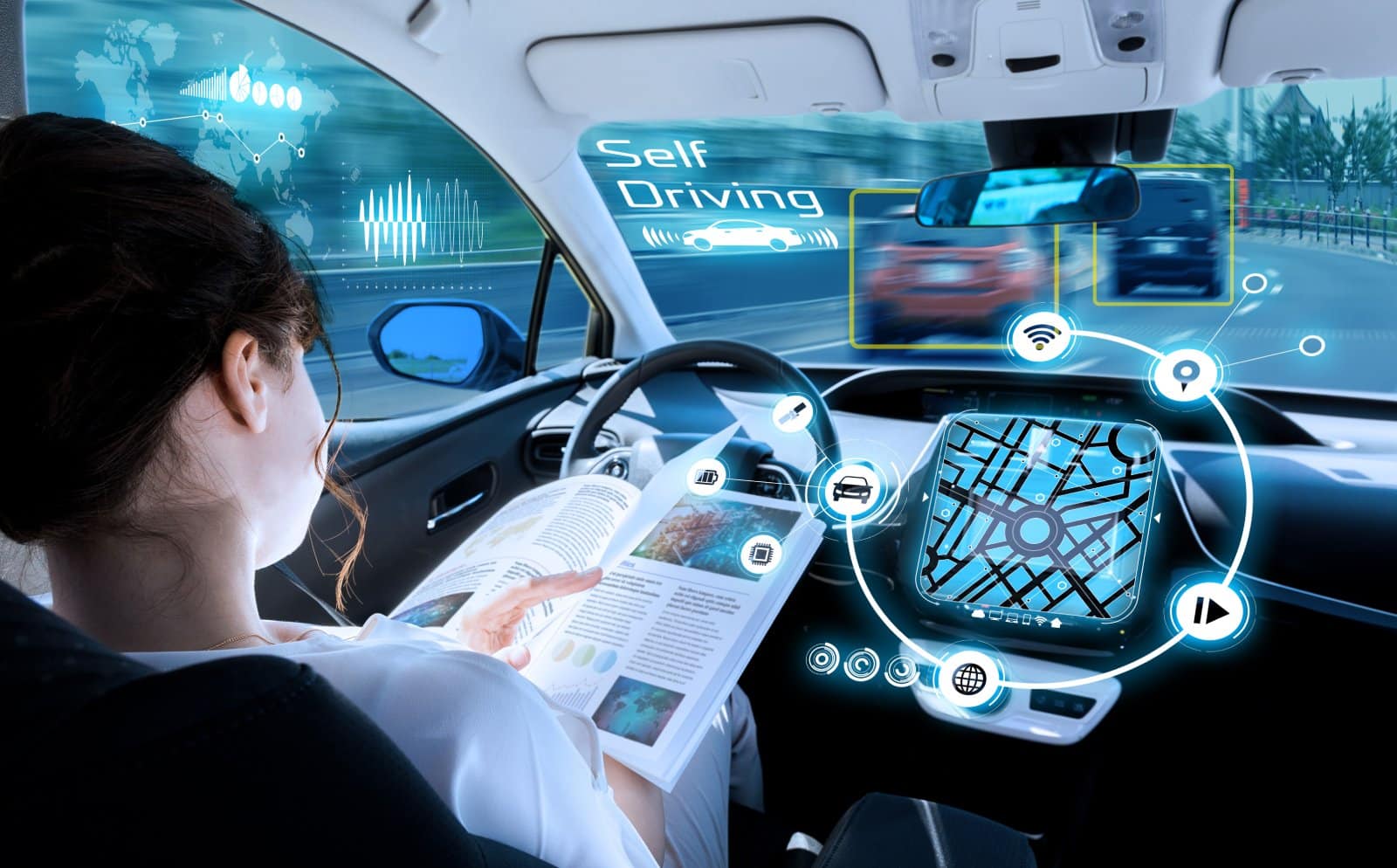
Worries about cybersecurity risks and a lack of trust in new technology may deter some from adopting electric vehicles.
The post 20 Hurdles Holding Americans Back from Embracing Electric Vehicles first appeared on Career Step Up.
Featured Image Credit: Shutterstock / guteksk7.
The content of this article is for informational purposes only and does not constitute or replace professional financial advice.
For transparency, this content was partly developed with AI assistance and carefully curated by an experienced editor to be informative and ensure accuracy.

